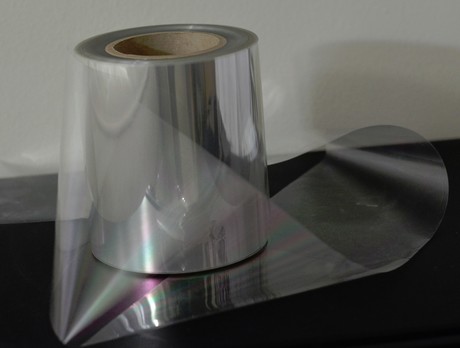
CNCs are an alternative renewable raw material derived from abundant resources such as wood and plants. They have properties including nontoxicity, biodegradability, high specific strength, high thermal conductivity and optical transparency, all of which make them excellent components for advanced food packaging. “The challenge for the food packaging industry is to create a recyclable and sustainable barrier material that is low-cost,” said Jeffrey Youngblood, a professor in Purdue’s School of Materials Engineering. The Purdue manufacturing technique is scalable since it is a roll-to-roll manufacturing process using waterborne polymer systems. This unique process uses the power of natural nanotechnology and allows a much higher density and packing coating that reduces diffusion pathways and drastically improves oxygen, carbon dioxide and water vapour permeability. The Purdue technology also offers food packaging manufacturers excellent optical, thermal and mechanical properties to ensure that food remains as fresh as possible for as long as possible. The Purdue Office of Technology Commercialization helped secure a patent for the technology. It is available for licensing.
Image: Nanocellulose-coated PET film






